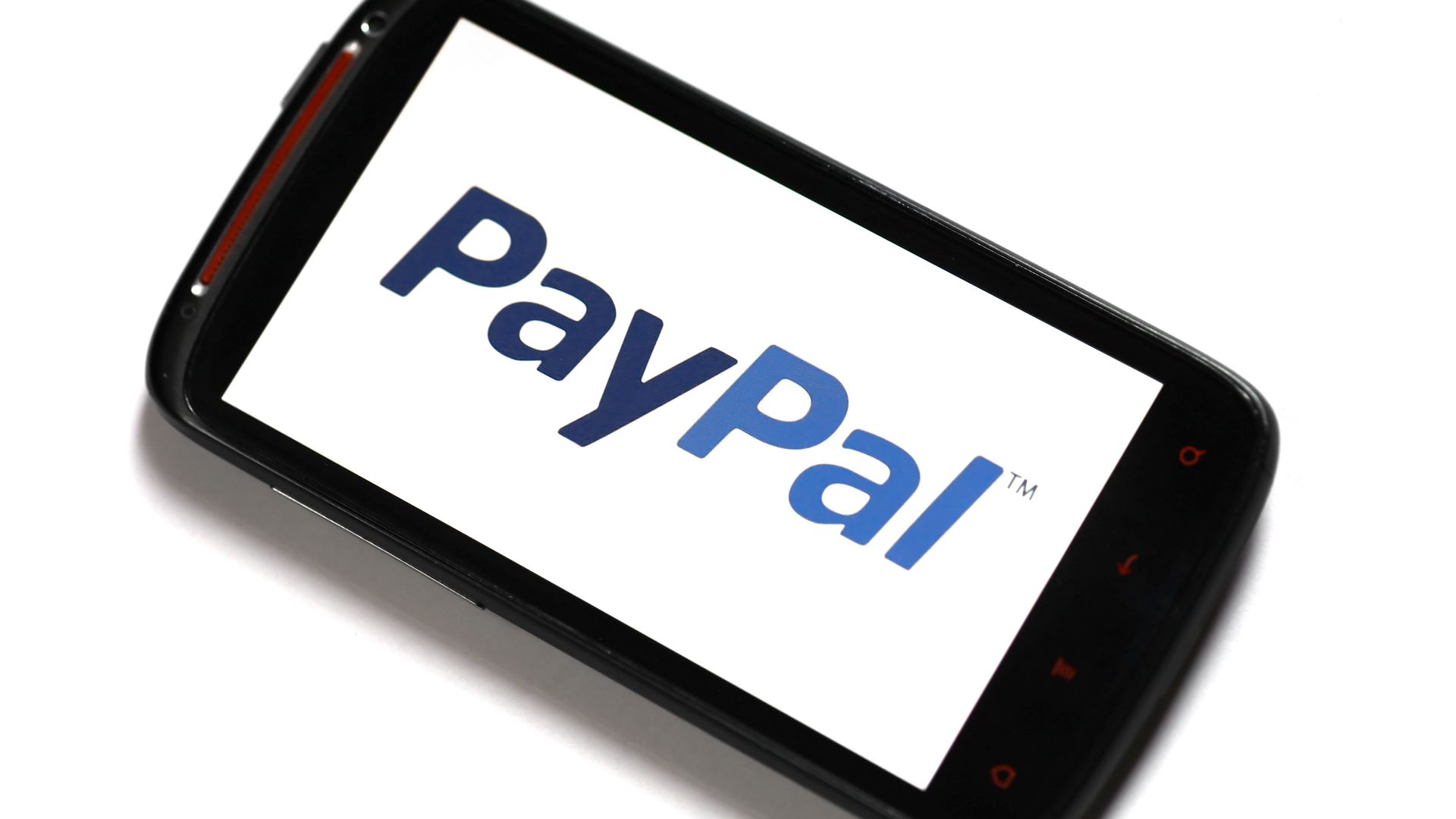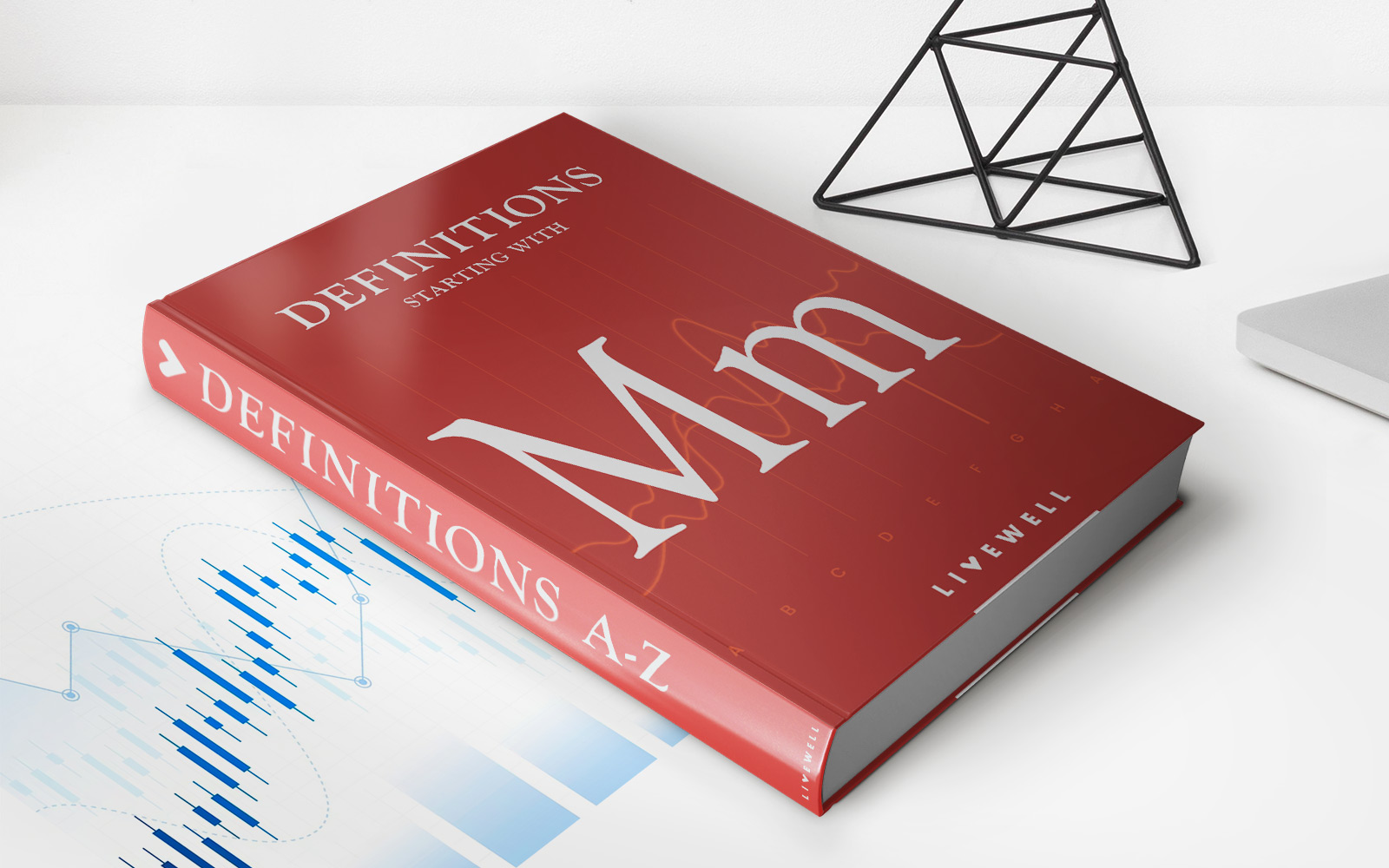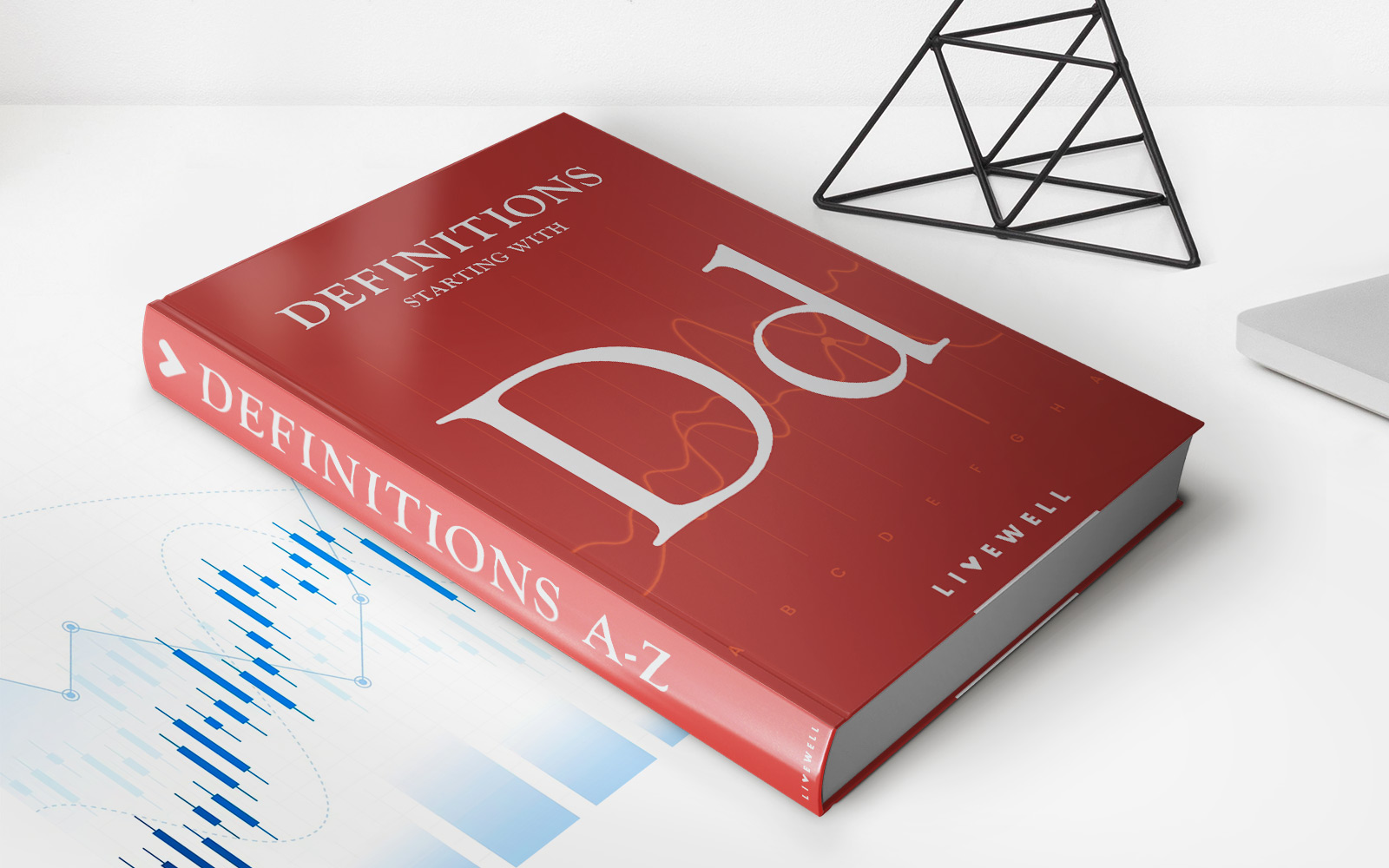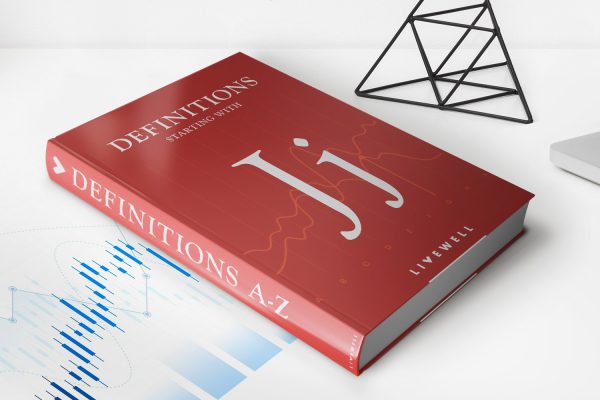Home>Finance>Does Interest Change For Auto Loan When You Pay More Than Your Minimum Payment Monthly


Finance
Does Interest Change For Auto Loan When You Pay More Than Your Minimum Payment Monthly
Published: February 27, 2024
Learn how paying more than the minimum on your auto loan can affect your interest and overall finance. Take control of your payments and save money.
(Many of the links in this article redirect to a specific reviewed product. Your purchase of these products through affiliate links helps to generate commission for LiveWell, at no extra cost. Learn more)
Table of Contents
**
Introduction
**
Purchasing a car is an exciting milestone, but it often involves securing an auto loan to finance the purchase. When navigating the realm of auto loans, understanding the intricacies of interest rates is crucial. Many borrowers wonder about the impact of paying more than the minimum monthly payment on their auto loan interest. This article delves into this topic, shedding light on the factors that influence auto loan interest and the implications of increasing monthly payments. By gaining insights into these aspects, borrowers can make informed decisions to effectively manage their auto loan payments and potentially reduce the overall interest paid.
Understanding how auto loan interest works and the potential benefits of paying more than the minimum amount each month can empower borrowers to take control of their financial obligations. Let's explore the dynamics of auto loan interest and the implications of exceeding the minimum monthly payment.
As we delve into this subject, it's important to note that while paying more than the minimum monthly payment can have advantages, borrowers should consider various factors before deciding to increase their payments. By examining these considerations, individuals can make sound financial choices aligned with their unique circumstances and goals.
**
Understanding Auto Loan Interest
**
When obtaining an auto loan, borrowers agree to repay the amount borrowed along with the accruing interest over a specified period. The interest on an auto loan is calculated based on the outstanding balance. Typically, a larger outstanding balance results in higher interest charges, while a smaller balance leads to lower interest costs.
Auto loan interest is often expressed as an annual percentage rate (APR), which represents the annual cost of borrowing funds. Lenders consider various factors when determining the APR, including the borrower’s credit history, the loan term, and prevailing market conditions. It’s important for borrowers to comprehend the impact of the APR on their overall loan cost, as a higher APR can significantly increase the total interest paid over the loan term.
Moreover, auto loan interest is commonly compounded monthly. This means that the interest is recalculated and added to the outstanding balance at the end of each month. As a result, the following month’s interest is calculated based on the new balance, including the added interest from the previous month. Understanding the compounding nature of auto loan interest is crucial for borrowers aiming to manage their loan effectively and minimize interest expenses.
By grasping the fundamental principles of auto loan interest, borrowers can make informed decisions regarding their repayment strategies. This includes evaluating the potential benefits of paying more than the minimum monthly payment, which can lead to reduced interest costs and accelerated debt repayment.
**
Impact of Paying More Than the Minimum Monthly Payment
**
When borrowers exceed the minimum monthly payment on their auto loan, they can experience several favorable outcomes. Firstly, paying more than the minimum amount can lead to a reduction in the outstanding balance at a faster pace. As a result, the interest charged on the remaining balance decreases, potentially resulting in lower overall interest costs over the life of the loan.
Additionally, by consistently paying more than the minimum, borrowers can shorten the loan term. This means they can potentially pay off the loan earlier than originally scheduled, saving on interest and gaining financial freedom sooner. Shortening the loan term through increased payments can also contribute to improved financial security and flexibility, as borrowers may free up their monthly budget from the auto loan obligation.
Moreover, making higher monthly payments can enhance the borrower’s credit profile. Timely and increased payments demonstrate financial responsibility and discipline, which can positively impact the borrower’s credit score. A higher credit score can open doors to better financial opportunities in the future, such as favorable interest rates on future loans and access to premium credit products.
It’s important to note that the impact of paying more than the minimum monthly payment extends beyond financial benefits. By taking proactive steps to reduce debt and interest costs, borrowers can experience a sense of empowerment and control over their financial well-being. This can lead to reduced stress and a greater sense of accomplishment, fostering a positive mindset toward financial management.
While the advantages of paying more than the minimum monthly payment are evident, borrowers should carefully assess their individual financial circumstances and obligations before committing to increased payments. By evaluating factors such as income stability, emergency savings, and other debt obligations, borrowers can make informed decisions that align with their overall financial strategy.
**
Factors to Consider When Paying More Than the Minimum
**
Before deciding to pay more than the minimum monthly payment on an auto loan, borrowers should consider several essential factors to ensure that this approach aligns with their financial goals and circumstances.
-
Budgetary Constraints: It’s crucial for borrowers to assess their monthly budget and overall financial situation. While paying more than the minimum can lead to long-term savings, it’s important to ensure that the increased payments are manageable within the existing budget. Borrowers should consider their income stability, essential expenses, and potential unforeseen costs before committing to higher payments.
-
Emergency Savings: Building and maintaining an emergency fund is a fundamental aspect of financial security. Before allocating additional funds to auto loan payments, borrowers should evaluate the adequacy of their emergency savings. Having a financial cushion to address unexpected expenses can mitigate the risk of financial strain and provide peace of mind.
-
Other Debt Obligations: Borrowers with multiple debt obligations should evaluate the overall impact of paying more than the minimum on their auto loan. It’s essential to consider the interest rates, terms, and prioritization of various debts to make informed decisions. In some cases, addressing higher-interest debts or building savings may take precedence over accelerating auto loan payments.
-
Prepayment Penalties: Some auto loans may carry prepayment penalties, which are charges imposed for paying off the loan early. Borrowers should review their loan terms and consult with the lender to understand any potential penalties associated with increased payments. Assessing the existence of prepayment penalties can influence the decision to pay more than the minimum.
-
Future Financial Goals: Considering long-term financial objectives is vital when contemplating increased loan payments. Borrowers should assess their goals, such as saving for a home, retirement, or education, and evaluate how accelerating auto loan payments aligns with these aspirations. Balancing debt repayment with savings and investments is essential for holistic financial planning.
By carefully evaluating these factors and considering the broader implications of paying more than the minimum monthly payment, borrowers can make informed and prudent decisions that support their overall financial well-being.
**
Conclusion
**
Navigating the realm of auto loan repayment involves understanding the dynamics of interest and the potential impact of paying more than the minimum monthly payment. By gaining insights into the workings of auto loan interest and the implications of exceeding the minimum payment, borrowers can make informed decisions that align with their financial goals and circumstances.
When borrowers pay more than the minimum monthly amount, they can experience tangible benefits such as reduced overall interest costs, accelerated debt repayment, and potential improvements in their credit profile. These advantages can contribute to long-term financial well-being and empower borrowers to take control of their financial obligations.
However, it’s essential for borrowers to assess various factors before committing to increased payments, including budgetary constraints, emergency savings, other debt obligations, potential prepayment penalties, and alignment with future financial goals. By carefully evaluating these considerations, individuals can ensure that paying more than the minimum is a sustainable and strategic approach that supports their overall financial health.
Ultimately, the decision to pay more than the minimum monthly payment on an auto loan should be guided by a comprehensive understanding of one’s financial situation and objectives. By leveraging this knowledge, borrowers can optimize their loan repayment strategy and work towards achieving greater financial stability and freedom.
Empowered with the insights presented in this article, borrowers can navigate the complexities of auto loan repayment with confidence, making informed choices that pave the way for a stronger financial future.














